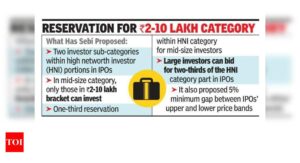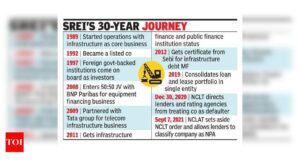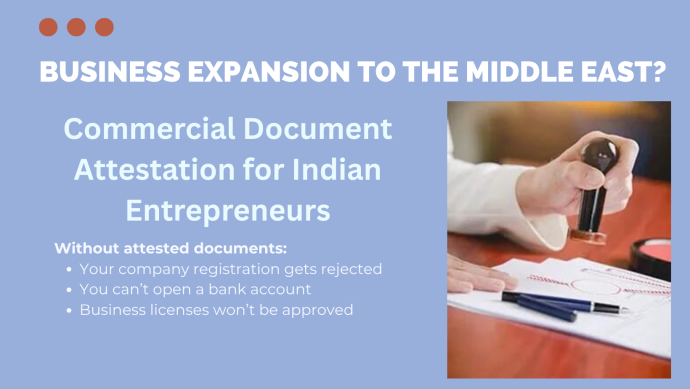When Davids strike Goliath-sized deals – Times of India

[ad_1]
Last week, the six-year-old PharmEasy announced that it was scooping up the 26-year-old Thyrocare. Earlier this month, the three-year-old BharatPe and its partner were selected by the RBI to take over the 37-year-old Punjab and Maharashtra Cooperative (PMC) Bank. Investment bankers expect these combinations to continue as more such ‘small-buying-big’ deals will be announced in the coming months.
So, what’s propelling these Davids to strike Goliath-sized acquisitions? “The young are ambitious and private capitals are supporting them,” said an industry watcher. SoftBank, Tiger Global, Sequoia, Prosus and others of their ilk from the private equity world have been pouring millions of dollars into these young companies, providing them enough ammunition to go for big-ticket purchases.
PharmEasy, for instance, received over $900 million in external funding since it was established in 2015. It is buying 66% of Thyrocare from promoters for $600 million. It is also making a $240-million open offer to Thyrocare’s public shareholders for an additional 26%, but this spend will be to the extent of shares it receives via the open offer.
“There are several factors at play, including the need for digital players to build physical infrastructure and presence, generational succession-related issues, access to funding from global investors and, in some cases, distress situations among some ‘old economy’ players,” said Citi India head (corporate & investment banking) Ravi Kapoor.
The founding team’s age (many startups are established by young entrepreneurs), their daring & go-getter attitudes, agile decision-making and their body of knowledge are also significant factors aiding this trend. “The main difference is the speed with which some of the so-called new age companies can move, which is much faster than traditional M&As,” Kapoor said. The PharmEasy-Thyrocare deal was struck and signed in 29 days (less than a month).
Kotak Mahindra Capital executive director Rajat Ranjan said, “Since startups have a disruptive DNA, they are targeting established incumbent companies to transform the industries they are in. It is their expansive vision — not looking at individual parts of an industry’s ecosystem but at its entirety — that is driving them to go for big bets.”
Both Citi and Kotak are involved in a number of dialogues in the emerging M&A space, which is driven by technology-enabled startups. For the Gen Alpha companies, these large acquisitions are helping speed up scale, upgrade capabilities and providing access to experienced management.
The head of a large foreign private equity fund said, while these young companies have the first-mover advantage in online, they are realising that they can’t be just that. They need to be ‘phygital’. “You will see more consolidations in the online-to-offline combination in medical, payments and retail,” he said. His fund has backed more than a dozen unicorns (valued at over $1 billion) in India and some of them are exploring large M&As.
The India trend is mirroring what has played out in the US, where new age companies had bought legacy enterprises. Ranjan added that established companies too are willing to sell to the startups as they feel it is better to board the train that goes into the future. As for the Davids, the purchase of Goliaths catapults them into the big league in terms of physical infrastructure.
[ad_2]
Source link







